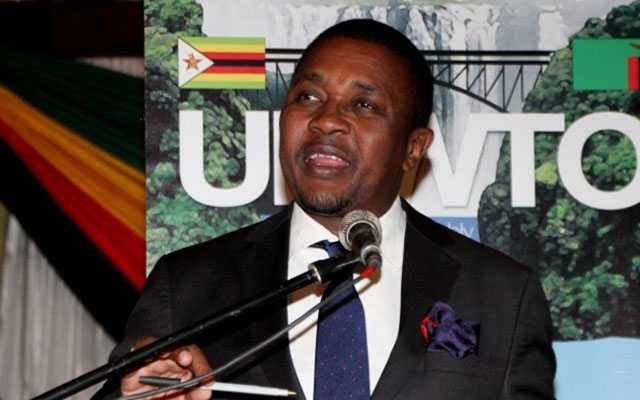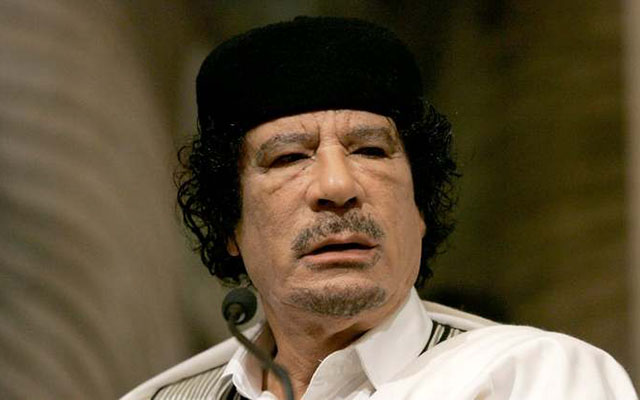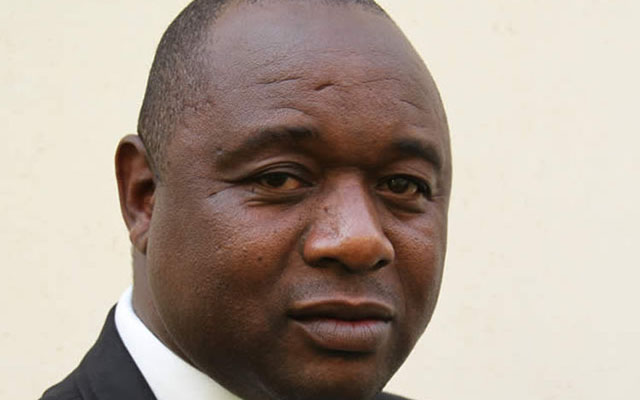When the mighty ride roughshod over the weak

Nick Mangwana View from the Diaspora
The last few weeks have been quite eventful on both the domestic and international stages in Zimbabwean politics. We had a reshuffle of the Cabinet by the President. Reels have been written about that from the timing, the promoted to the relegated, new ministries formed and those dissolved or realigned.
But this column stayed away from it all. We elected a President and he has the power and authority to reconfigure his Executive branch of Government as he sees fit. It is that ability to exercise his own judgment which we chose, isn’t it? But regardless of who has exercised their discretion, there will always be a judgment. Decision will be questioned, ridiculed and approved.
That’s part of politics at the helm. If this column was to fail to resist the temptation to comment then it would just make an endorsement. The elevation of one Dr Walter Mzembi to the helm of Zimbabwe’s top diplomat is one that was given a full seal of approval by this columnist. Minister Mzembi has already proved his diplomatic prowess in getting the endorsement of SADC as their candidate for the UNWTO post.
The same exceptional diplomatic skill was on display when he was chosen as Africa’s man for the post. The full backing of the government was of course quite helpful. The bid gained rapid momentum and looked unstoppable as he globe-trotted, charming diplomats, presidents, prime ministers and even kings. What initially looked like a Utopian fantasy was briskly crystallising into a fantastic reality. The nation could dare dream. But there was cautionary pessimism still. How could someone, who then has been a minister in President Mugabe’s Cabinet be acceptable to all those who had made it their job to demonise him and his government for the great part of a decade and a half?
Five months later the President decided to leverage the experience and diplomatic contacts and alliances built around the UNWTO bid by deploying Mzembi to the Ministry of Foreign Affairs. Most in the Diaspora approved. A lot of other objective compatriots endorsed. The first diplomatic jaunt was in Uruguay. What a dream start for the minister. While there, out of nowhere the President was appointed UN Goodwill Ambassador for Non-communicable Diseases (NCDs).
Non-communicable diseases are conditions, which cannot be transmitted from one person to the other. These are conditions like diabetes, cancer, asthma and the like. Those who saw the President taking the flight of stairs at Zanu-PF HQ from the ground to the twelfth floor non-stop at the then age of 90 felt this was an inspired appointment.
This is because whether you love or loathe President Mugabe, you cannot dispute the fact that he has lived a healthy lifestyle and his longevity might have something to do with his genes but maybe a lot more to do with his lifestyle choices. Here was the right poster icon for these conditions. This is because a lot of these conditions are either triggered or aggravated or mitigated by lifestyle. And Zimbabwe’s numbers when it comes to these conditions are actually not so bad. His ambassadorial post was specifically for Africa where he is highly regarded and considered an eminent statesman.
So in the grand scheme of things, Dr Tedros Adhanom Ghebreyesus, the WHO Director General, had just pulled a rabbit out the hat. This former Ethiopian Foreign Minister had shown immense bravery. But he had not factored in the level of backlash he would get from those who control the purse strings of the UN and its agencies. The blow-back was swift and telling. The British were the most vocal. They said this was a breach of American sanctions. The British media set the international tone. Soon some Zimbabweans went on camera; they started talking about cholera, typhoid, and maternity etcetera.
Dear oh dear. Typhoid and cholera are communicable diseases doh! None of these people bothered to say, hang on, why don’t we critically analyse President Mugabe’s national NCD policy before we turn to hysteria. Cancer is a menace, why don’t we check Zimbabwe’s own palliative care policy? How about Zimbabwe’s relationship with the United Nations agencies working in the country? Who cared? It was all politics at every level.
He who pays the piper calls the tune. There were no surprises when Dr Tedros Adhanom Ghebreyesus sheepishly rescinded the appointment. The first African to lead WHO could not push back against the sustained hegemonic pressure from those that predominate geopolitics. But like Minister Mzembi said, this reversal was a pitch for the overdue UN reform.
Where the UN idea was to foster global prosperity, what we have is a monstrosity used by the powerful to legitimise the imposition of their will upon weaker nations. We saw the UN being used to savage Colonel Muammar Gaddafi and destroy Libya. Nobody has ever taken responsibility for the catastrophe that was visited on this hitherto stable nation. Today we have a ragtag nation comprising balkanised fiefdoms of criminality and terrorism. The Security Council, which is the international body, which should be responsible for peace has endorsed more wars than it has stopped.
If those who set up this monster had been told that it would impose blockades that would end up killing millions of innocent souls, they would have puked in disgust. If they had foreseen that it would authorise the use of armed force as a default, they would have recoiled in strong distaste. But we are here now. We have this institution, which is now in the hands of superpowers in whose hands they have found a weapon with which to express their hubris.
It is the same hubris that attempted to impose sweeping sanctions against Zimbabwe in July 2008. If the Look East policy is judged harshly, July 2008 was capped its success. For it was then that in light of that policy, both China and Russia used their veto power to block more cruelty being visited upon the suffering Zimbabwean people.
But why did we come to that place where strong nations wanted to ride roughshod with the poor? There is no doubt this will remain a mammoth task because those that have enjoyed predominance in the institution for over 70 years are not ready to give up power. Those that advocate for change are too weak to push it through. Those that are powerful use money to impose their will upon the weak. And the weak nations have corruptible leaders, whose avarice always trumps principle at the end of it.











Comments